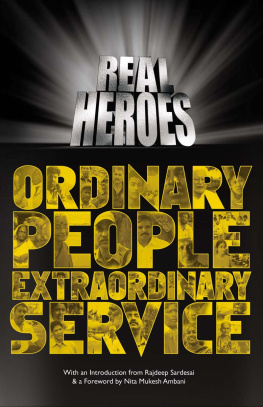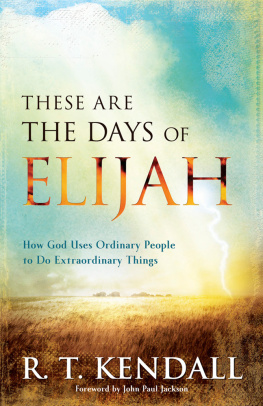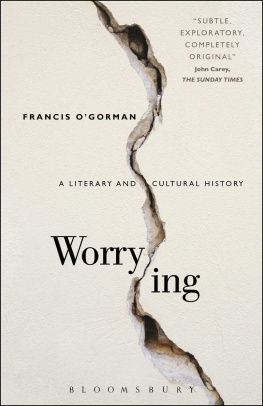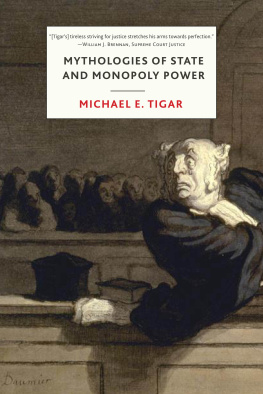Mythologies of Late
Allan Nanva
Austin Macauley Publishers
2019-04-30
Mythologies of Late
About the Author
Allan Nanva is an academic living in Sydney. With background in Samuel Becketts work, he has turned to specializing in Semiotics and Structuralism. His book Mythologies of Late is in homage to one of the major thinkers of the 20th century, Roland Barthes, for whose work he has great fondness.
About the Book
The word life conjures the ordinary and the ordinary are experiences common to all humans except that their routineness, their repetition, their commonality make them invisible in the busy-ness of loaded days. This book tries to make them visible again. Human experiences are varied and many; the few in this book stand for all that are not in it. Mythologies of Late is tell-tales of the extraordinary in the ordinary, a mirror onto societies of people and places for re-cognition, aimed at returning readers into ideas of themselves, giving them the joy of owning their familiarity and, I hope, their meaning.
"Words are but the images of matter. To fall in love with them is to fall in love with a picture." - Francis Bacon-
Myths are made for the imagination to breathe life into them.
Albert Camus, The Myth of Sisyphus
Dedication
To late Professor Colin MacLaurin of Sydney University whose memory I will always hold dear.
To Mr. Axel Kruse of Sydney University who introduced me to Semiotics.
To Professor Don Gallagher of James Cook University who helped me when I needed it the most.
To the memory of Professor Elizabeth Perkins of James Cook University, a friend who left us too soon.
To all those who have helped me along the way to here.
Copyright Information
Copyright Allan Nanva (2019)
The right of Allan Nanva to be identified as author of this work has been asserted by him in accordance with Federal Law No. (7) of UAE, Year 2002, Concerning Copyrights and Neighboring Rights.
All rights reserved. No part of this publication may be reproduced, stored in a retrieval system, or transmitted in any form or by any means, electronic, mechanical, photocopying, recording, or otherwise, without the prior permission of the publishers.
Any person who commits any unauthorized act in relation to this publication may be liable to legal prosecution and civil claims for damages.
ISBN 978-9948-37-433-6 (Paperback)
ISBN 978-9948-37-432-9 (E-Book)
Application Number: MC-02-01-5060221
Age Classification: 17+
The age group that matches the content of the books has been classified according to the age classification system issued by the National Media Council.
Printer Name:
Masar Printing & Publishing LLC
Printer Address:
Dubai, UAE
First Published (2019)
AUSTIN MACAULEY PUBLISHERS FZE
Sharjah Publishing City
P.O Box [519201]
Sharjah, UAE
www.austinmacauley.ae
+971 655 95 202
Acknowledgement
I acknowledge my debt to all whose ideas have enriched my thoughts over forty years of reading. If there is anything in the book that is not accurately referenced, I offer my deepest apologies and seek forgiveness.
To the Reader
I must hasten to tell you what this book is and what it is not.
It is primarily a book in homage to a thinker whom I admire Roland Barthes (19151980).
And it is not a book for a bookshelf, I hope. It is a book to lie around anywhere, handy for that brief moment of opening it to any page, picking one piece (or two or more pieces) of it that teases, pleases you, and leave it there for another time or another person and, hopefully, walk away with an impression, maybe even an inspiration.
The book is a collection of personal observations tonal, sometimes poetic pieces, each signifying its own message, not overshadowed by another more or less forceful image.
If I may say so with great humility, these are bites of philosophy, sociology and nibbles of psychology but above all, they are the daily-life thoughts and afterthoughts to help you step into dreams of your own.
I do acknowledge my true debt to many scattered sources that I have had the opportunity of reading randomly over decades and receiving inspiration from them. If an acknowledgement falls short of the sources being accurately referenced due the passage of time, I apologize and ask their authorial forgiveness.
Allan Nanva
Introduction
Semiotics is meaning making, picture thinking.
Why Homage to Barthes?
I heard Roland Barthes name in the 1970s, as a young PhD student, in a bookshop near the university. I was there browsing books on Samuel Becketts drama, my research topic, when the person next to me, also browsing books, mentioned Barthes and recommended three of his books Mythologies, Writing Degree Zero and Image-Music-Text, which I bought and read, followed by whatever else I could find by Barthes and about Barthes. This happened not too long before Barthes was hit by a laundry truck and killed in Paris in 1980.
Barthes fascinates me.
In a way, he came naturally to me because of my familiarity with Beckett and the Absurd Movement.
I like Barthes, and draw inspiration from him; still.
Barthes writes his reflections on daily life; the chaos that it is. Jonathan Culler calls him a man of parts, engaged in a range of valuable general enterprises that may not have a common denominator
Culler does acknowledge, however, that this is what makes Barthes stimulating as Barthes does not necessarily write on anything in particular but on everything: culture, politics, fashion, literature, history, advertisement, food, nature. I like Barthes because he reduces the distance between what is and what is intelligible to us, what is real and what we think is real. He wants us to try and see the strangeness in what is familiar, the extraordinary that exists in the ordinary, in order to challenge intelligibility.
Let me give a simple, often referred to, example to show what is meant by challenging intelligibility an anecdote from Barthes Mythologies (1957):
While waiting for a haircut at the barbers, Barthes picks up a magazine to kill time, as I think most of us do in a similar situation. He is fascinated by the picture of a young black soldier on the cover of the magazine, in French military uniform, giving a military salute, his eyes passionately fixed on the national flag.
Generally, we just look at the picture and think nothing more of it, most likely pass on to the next page or pages for more interesting things to see inside the magazine. This is where the challenge comes in.
Barthes wants us to pause and think about the deeper meaning of this image, subliminal as it is that France is a great empire; one that treats all its sons equally and they take pride living under its flag. In this image, the soldiers blackness is neutralised undiscriminated, by his Frenchness; the black soldiers of the French colonies happily and faithfully serve under its flag. This text tries to naturalise oppression by suggesting the innocence of the text its just a soldier saluting the flag, thats all. But it isnt. At a deeper political level, we realise that the image tries to convince its viewer that if France denies people of other countries of their culture, history, identity and resources, it should be of no concern to anyone, the least to those who are honoured by their sense of French-hood, standing proudly under Frances unifying flag which represents nobility, Christianity, bourgeoisie, civilization; that France lends its power and civilisation to those who dont have it (or didnt deserve to have it). Thus, Barthes encourages us to invest our own curiosity in detecting the powerful second level of meaning.












